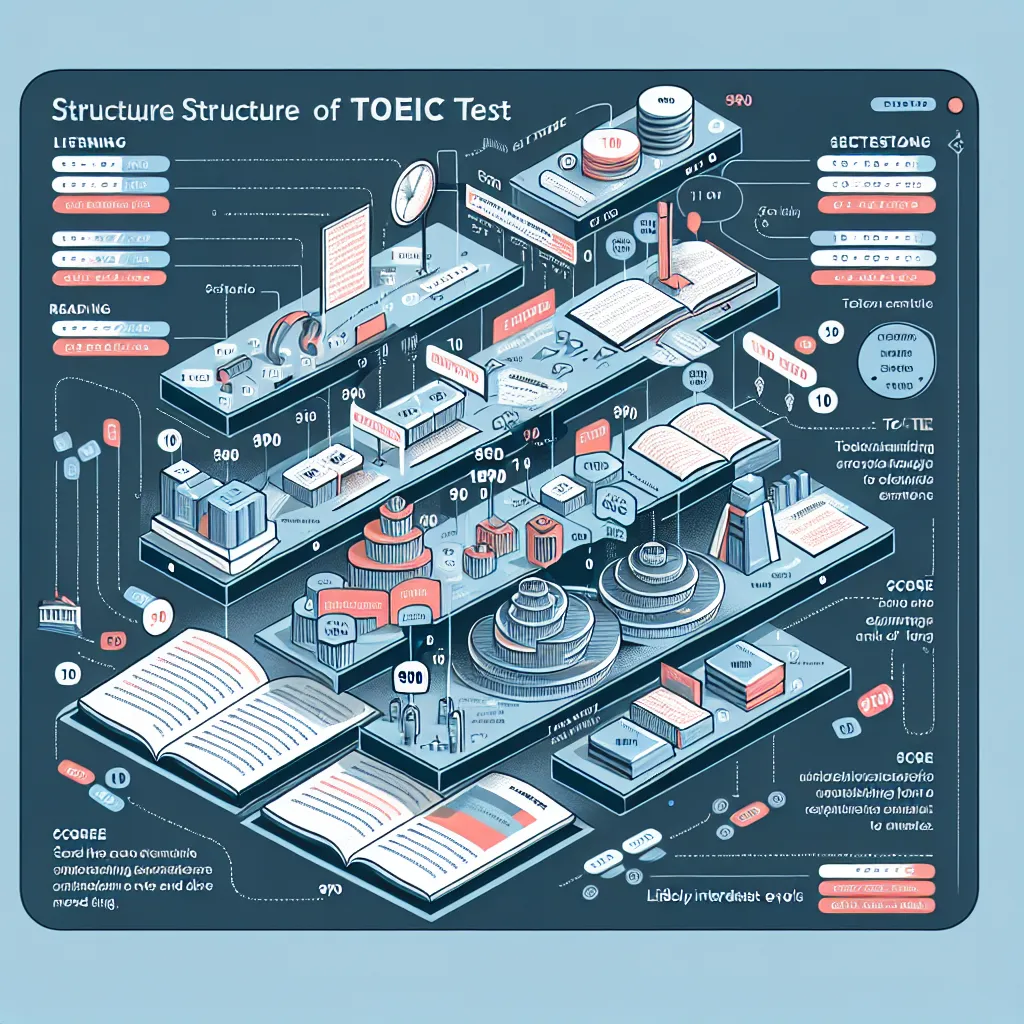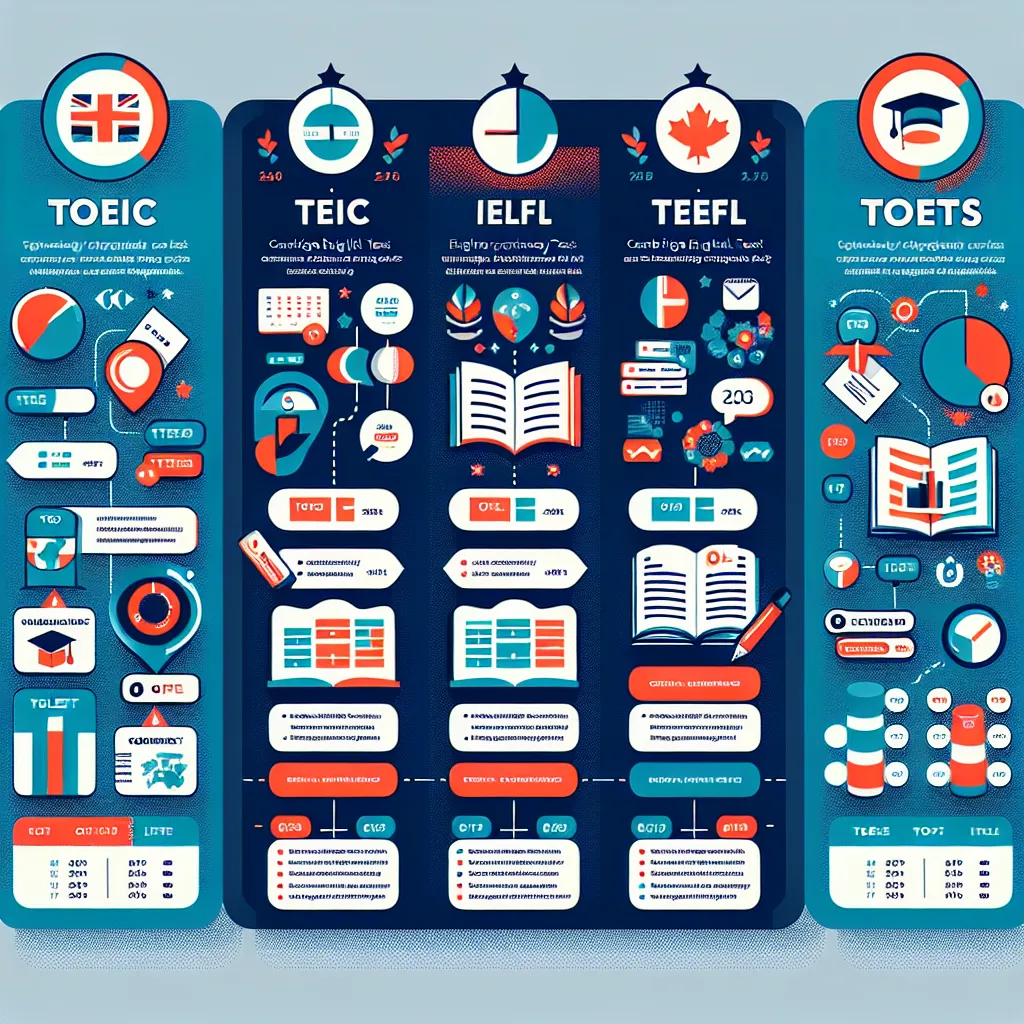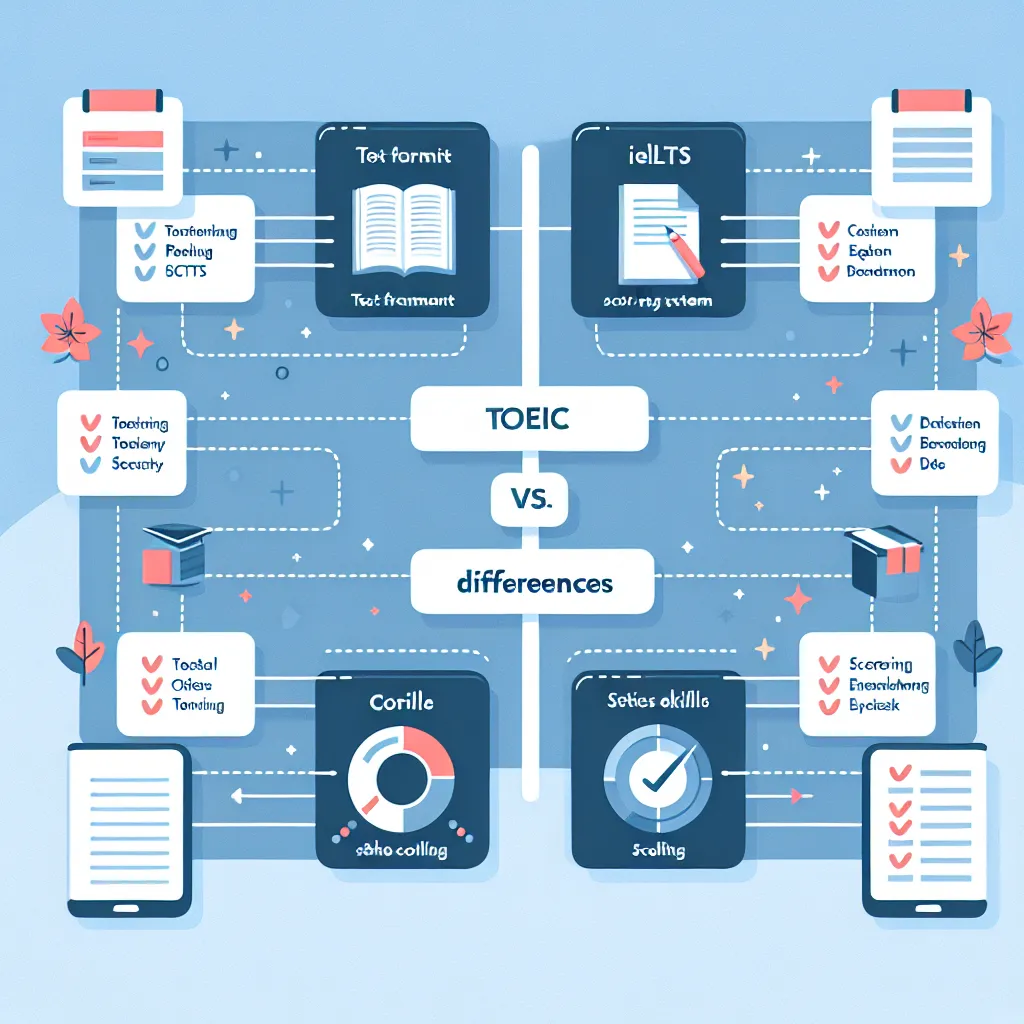In today’s competitive job market, language proficiency has become a crucial factor for many employers. The Test of English for International Communication (TOEIC) is widely recognized as a standard measure of English language skills in the business world. But is a TOEIC certificate really necessary for employment? Let’s delve into this topic and explore the various aspects of TOEIC’s role in the job market.
Understanding TOEIC and Its Relevance
TOEIC, developed by the Educational Testing Service (ETS), is designed to assess the everyday English skills of people working in an international environment. The test focuses on listening and reading comprehension, with scores ranging from 10 to 990 points.
 TOEIC Test Components
TOEIC Test Components
Why Employers Value TOEIC Scores
- Objective Measurement: TOEIC provides a standardized way to assess language skills.
- International Recognition: The test is accepted globally, making it easier for multinational companies to evaluate candidates.
- Job-Specific Language Skills: TOEIC focuses on business English, which is directly applicable to many work environments.
The Importance of TOEIC in Different Industries
The necessity of a TOEIC certificate can vary greatly depending on the industry and specific job role. Let’s examine some sectors where TOEIC scores are particularly valued:
1. International Business
In multinational corporations, a high TOEIC score can be a significant advantage. Companies often use TOEIC scores as a benchmark for:
- Hiring new employees
- Promoting existing staff
- Assigning employees to overseas projects
For instance, a Japanese automotive company might require a minimum TOEIC score of 750 for positions involving regular communication with international clients or partners.
2. Hospitality and Tourism
The hospitality industry, which often involves interacting with international guests, places a high value on English proficiency. Many hotels and travel agencies use TOEIC scores to:
- Screen job applicants
- Determine salary levels
- Assign roles that require direct customer interaction
A concierge at a luxury hotel in a tourist destination might need a TOEIC score of 800 or higher to qualify for the position.
3. IT and Technology
In the rapidly globalizing tech industry, English is often the lingua franca. TOEIC scores can be crucial for:
- Software developers working on international projects
- Technical support staff dealing with global clients
- IT managers collaborating with offshore teams
A software company in South Korea, for example, might require a minimum TOEIC score of 850 for positions involving regular communication with international clients or team members.
When TOEIC May Not Be Necessary
While TOEIC is valuable in many scenarios, there are situations where it may not be essential:
- Local businesses with no international dealings
- Certain creative industries where portfolio work is more important
- Trades and manual labor jobs that don’t require extensive communication
However, even in these cases, having a good TOEIC score can still be an asset for career advancement.
Alternatives to TOEIC
While TOEIC is widely recognized, other English proficiency tests are also accepted by employers:
- IELTS: International English Language Testing System
- TOEFL: Test of English as a Foreign Language
- Cambridge English Qualifications
Each test has its strengths, and the choice often depends on the specific requirements of the employer or industry.
 English Proficiency Tests Comparison
English Proficiency Tests Comparison
How to Decide if You Need a TOEIC Certificate
To determine if a TOEIC certificate is necessary for your career, consider the following steps:
- Research your industry: Look at job postings in your field to see if TOEIC scores are frequently mentioned.
- Check company policies: Some organizations have specific language requirements for certain positions.
- Assess your career goals: If you aim to work internationally, a TOEIC certificate could be valuable.
- Consider your current English level: If you’re already proficient, a high TOEIC score can validate your skills.
Preparing for TOEIC: Tips and Strategies
If you decide to take the TOEIC test, here are some effective preparation strategies:
- Familiarize yourself with the test format
- Practice with official TOEIC preparation materials
- Improve your business vocabulary
- Listen to English news and podcasts regularly
- Read business articles and reports in English
- Take timed practice tests to improve your speed and accuracy
Remember, consistent practice over time is key to achieving a high TOEIC score.
Conclusion: The Value of TOEIC in Your Career
While a TOEIC certificate may not be absolutely necessary for every job, it can certainly be a valuable asset in many career paths, especially those involving international business or communication. The certificate not only demonstrates your English proficiency but also shows potential employers your commitment to professional development.
Ultimately, the decision to pursue a TOEIC certificate should be based on your career goals, industry requirements, and personal aspirations. Whether you choose to take the TOEIC or not, continually improving your English skills will undoubtedly benefit your professional life in our increasingly globalized world.
Remember, language proficiency is just one aspect of your professional profile. Combine it with other skills, experiences, and qualifications to create a compelling package that will attract employers and open up new opportunities in your career journey.




